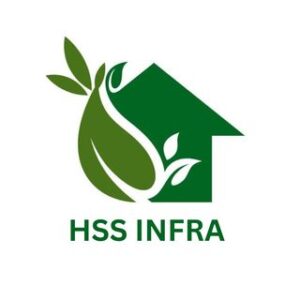
Mahogany trees are fast-growing and resilient, making them suitable for various climates and environmental conditions. These trees can replace mature oak, hickory, loblolly pine, or white oak in regions where these species are no longer viable. African Mahogany trees, originally from South America, can grow up to 100 feet tall. The tree is notable for its large, thick leaves and beautiful pinkish-white flowers, often described as resembling a white angel.
Investing in African Mahogany plantations offers several benefits. The wood is highly valued for its hardness, lustrous finish, and resistance to decay and termites. It is harvested when the bark is still developing, providing a unique texture and appearance. Plantation forestry using mahogany can help control unwanted plant species and reduce weed control costs.
African Mahogany is widely used in the construction of wooden homes, furniture, flooring, and interior decor due to its rich, creamy color. It is a sustainable and valuable source of energy, with the potential to yield more than 30 tons of solid wood annually. Despite the challenges of low productivity and high costs, its resilience to weather conditions ensures a stable price for this premium hardwood.
African Mahogany grows well in various climates, including dry and moist habitats. This adaptability, combined with its environmental benefits, makes it an excellent choice for sustainable forestry practices. Planting mahogany can contribute to solving environmental problems and promoting the use of renewable resources.
African Mahogany is not only a valuable and versatile hardwood but also a sustainable solution for modern environmental challenges. Whether for construction, furniture, or air conditioning needs, investing in African Mahogany offers numerous advantages that contribute to a greener and more sustainable future.

Welcome to HSS INFRA, your partner in farmland development, construction, and property consultancy. Transforming land into profitable plots, promoting sustainable investments for a greener future.